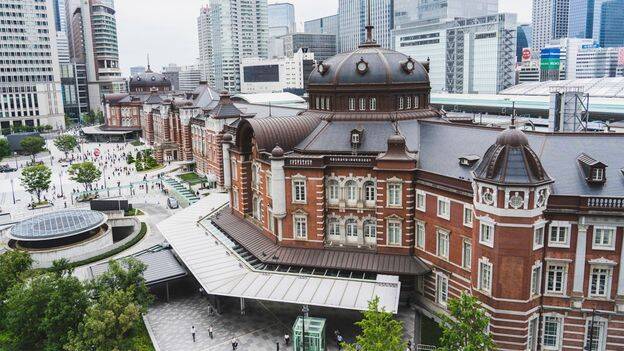Fast-track deportations to be announced as part of asylum reforms
BBC | 17.11.2025 05:37
Plans to fast-track the deportations of illegal migrants as part of a sweeping reforms of the UK's asylum policy are to be announced by Home Secretary Shabana Mahmood.
In a statement to MPs on Monday she will outline plans to end multiple appeals against removal and for an overhaul of legislation on human rights law.
For those granted asylum they will only be given it on a temporary basis and will be returned home if their country is at any time deemed safe. They will have to wait 20 years to apply to settle permanently.
Mahmood is also warn the UK will stop granting visas to people from three African countries if their governments do not improve co-operation on removals of illegal migrants.
Mahmood told the BBC on Sunday: "This is a moral mission for me, because I can see illegal migration is tearing our country apart, it is dividing communities."
Conservative shadow home secretary Chris Philp said he would go further and deport failed asylum seekers "within a week".
The plans have prompted criticism from some Labour MPs, including Rachael Maskell, who said the government was going in "completely the wrong direction" on immigration.
The government wants to reduce the number of people arriving to the UK on small boats and the reforms aim to speed up deportations of failed asylum seekers and foreign criminals as well as make it more difficult for successful asylum seekers to remain.
Under the plans people will be restricted to arguing their grounds for appeal within a single appeal and if a case fails, they will be deported.
The government will follow the Danish model of creating an independent body to fast-track the deportation of foreign criminals and cases with little prospect of success through the appeals system.
As part of the reforms, Mahmood wants to overhaul how human rights legislation, including Article 8 of the European Convention on Human Rights (ECHR) which covers the right to family life, is applied in migration court cases.
Only those with immediate family in the UK, such as a parent or child, will be able to use Article 8 as grounds to stay.
The UK will join other countries in reforming Article 3 of the ECHR, which is designed to give people protection against inhuman or degrading treatment.
The government believes this has been used to support unreasonable claims, including serious criminals having their deportation blocked because their healthcare needs cannot be met.
Similarly, the Home Office said the Modern Slavery Act will be tightened up to prevent last-minute claims to block removal.
Illegal migration is 'dividing our country' says Mahmood
Prime Minister Keir Starmer said the reforms would stop "endless appeals" to increase the removals of "those with no right to be here".
Mahmood said the reforms recognised the "pace and scale" of immigration had destabilised and divided communities and would allow the government to ramp up the removal of those with no right to be in Britain.
She continued: "To maintain the generosity that allows us to provide sanctuary, we must restore order and control."
Earlier the home secretary told the BBC she would create new safe and legal routes for refugees through work and study routes.
Under the new measures there will be tighter restrictions placed on successful asylum seekers, who will have their case reviewed every two and a half years and if their home country is considered safe they will be returned.
A refugee will have to have been resident in the UK for 20 years, up from the current five years, in order to apply for permanent residence or indefinite leave to remain.
They will not be able to bring family members to join them unless they are immediate relatives, including parents and children, while housing and weekly allowances will also no longer be guaranteed for asylum seekers.
'Years of limbo'
Asylum claims in Britain are at a record high, with around 111,000 applications in the year to June 2025, according to official figures.
The appeals system currently has a backlog of more than 50,000 and a waiting time of at least a year.
There has also been criticism of the proposed reforms from within Labour, with Maskell saying lots of her fellow MPs were "really concerned".
She said it was important to have a robust human rights framework and described "reordering our relationship with the ECHR" as a "step too far".
Reform leader Nigel Farage said the home secretary "sounds like a Reform supporter".
"It's a shame that the Human Rights Act, ECHR and her own backbenchers mean that this will never happen," he added.
Liberal Democrats home affairs spokesperson Max Wilkinson said the government should "focus on processing claims quickly, getting them right first time, and swiftly deporting people with no right to be here".
Enver Solomon, chief executive at the Refugee Council, said rather than deter migrants, the 20-year time frame would "leave people in limbo and in tense anxiety for many, many years".
As first reported in the Times, the threat of the visa ban for Angola, Namibia and the Democratic Republic of Congo comes after thousands of illegal migrants and criminals from the three nations were said to be in the UK.
A Home Office source said the countries were being targeted "for their unacceptably low cooperation and obstructive returns processes".
Sign up for our Politics Essential newsletter to read top political analysis, gain insight from across the UK and stay up to speed with the big moments. It'll be delivered straight to your inbox every weekday.









